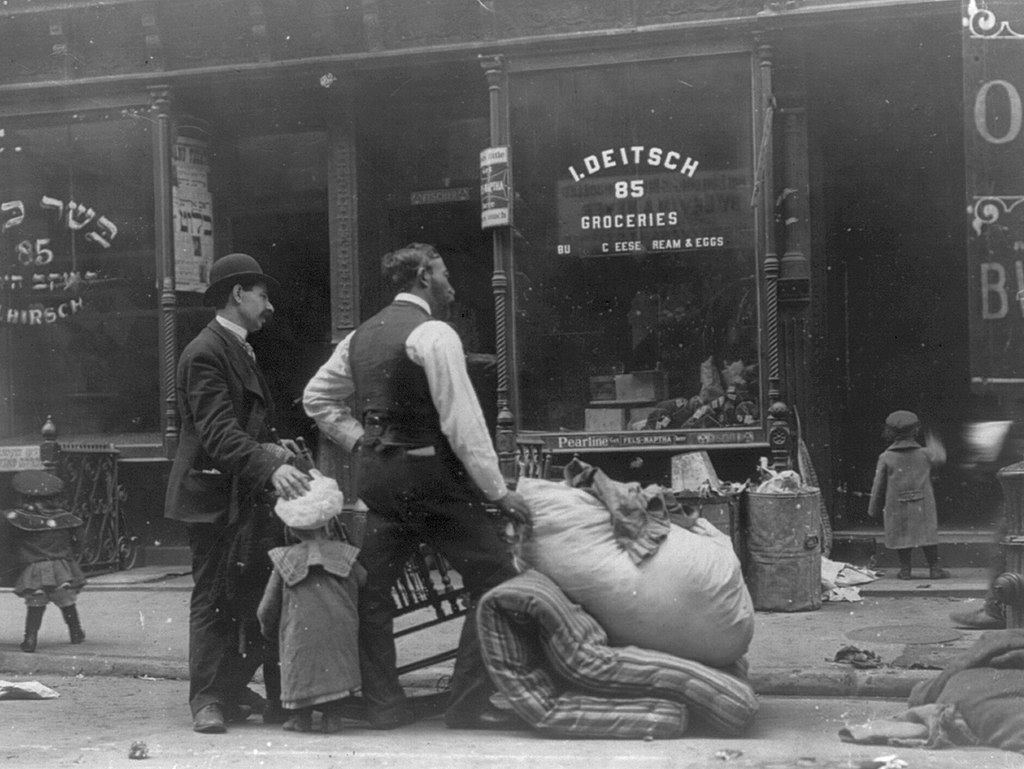Following the end of the Allied occupation of Japan, real increases in GNP averaged 9.6 percent from 1952 to 1971. From 1972 to 1991, growth remained strong but less dramatic, averaging 4 percent per year. The rest of the 1990s and early 2000s have been a different story. From 1991 to 2003, real economic growth […]| Econlib
Before the Russian Revolution of 1917, “socialism” and “communism” were synonyms. Both referred to economic systems in which the government owns the means of production. The two terms diverged in meaning largely as a result of the political theory and practice of Vladimir Lenin (1870–1924). Like most contemporary socialists, Lenin believed that socialism could not […]| Econlib
New York State legislators defend the War Emergency Tenant Protection Act—also known as rent control—as a way of protecting tenants from war-related housing shortages. The war referred to in the law is not the 2003 war in Iraq, however, or the Vietnam War; it is World War II. That is when rent control started in […]| Econlib



